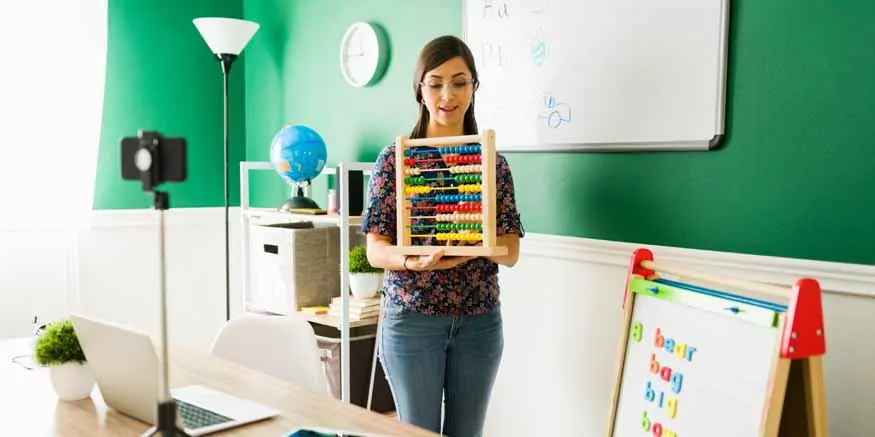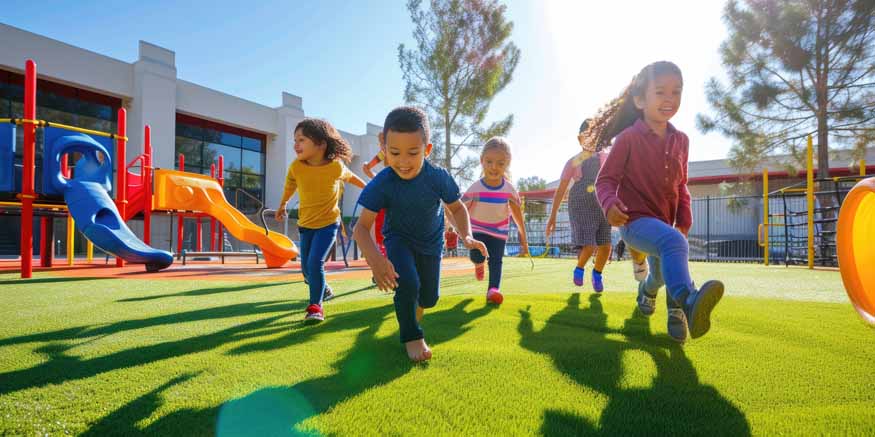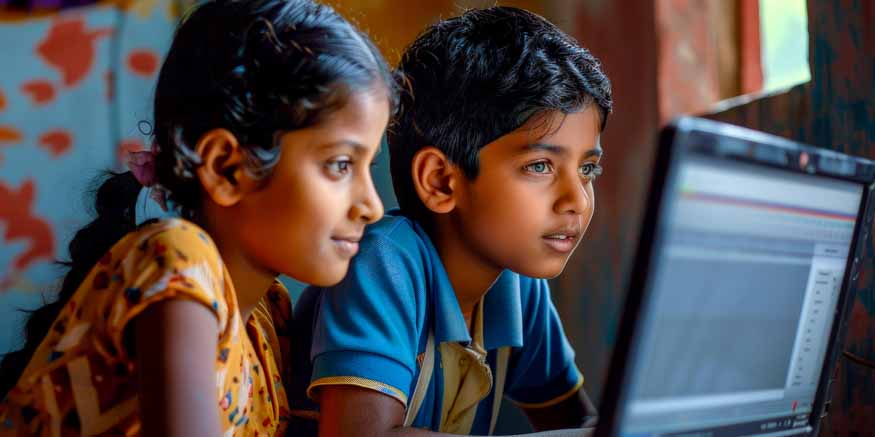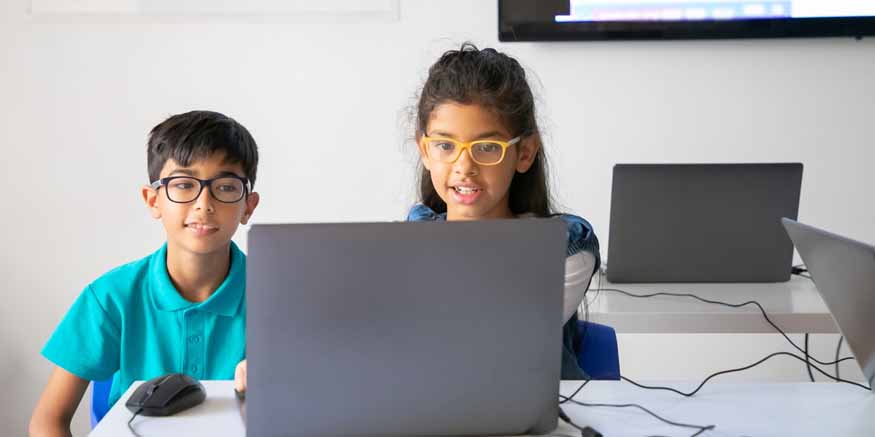This is one of the topics you will definitely imply and make absolute use of. Today, we are going to talk about opposite words for kids. So, when should a child learn opposite words in English? Simple opposite words for kids should start at the age of 4. However, putting this into practice earlier will only add value to a child’s skills. Opposite words for kids help with their development and cognitive skills. Cognitive skills are basically core skills for the brain that are used to help children think and read, learn and remember, make and give reason, and pay attention.
The definition of opposite words for kids is basically a word that can express a meaning averse to the meaning of another word, in which the two words are antithesis of each other. Teaching children easy opposite words helps them to develop better skills and get better in subjects like math, observational and creative thinking, and in the language. Children can identify simple opposite words and its characteristics out of different objects, and it is a great fun activity for the entire family!
Letting children learn opposite words in English is as important as teaching children anything else. The skills that are obtained from learning opposite words for kids are to be able to compare and describe everything around them. When kids learn about easy opposite words, which can help them to develop important and critical analytical and thinking skills.
List of Common Opposite Words in English
So, now that we know why it is important for kids to learn opposite words, let us have a look at some examples.
Here is a list of 50 Simple opposite words for kids.
|
WORD |
OPPOSITE WORD |
|
Boy |
Girl |
|
Light |
Dark |
|
Love |
Hate |
|
Full |
Empty |
|
More |
Less |
|
Day |
Night |
|
On |
Off |
|
Open |
Close |
|
Tall |
Short |
|
Up |
Down |
|
Wet |
Dry |
|
Early |
Late |
|
Far |
Near |
|
Give |
Take |
|
Healthy |
Unhealthy |
|
Export |
Import |
|
Laugh |
Cry |
|
Left |
Right |
|
Rich |
Poor |
|
Start |
End |
|
Sweet |
Sour |
|
Thick |
Thin |
|
Victory |
Defeat |
|
Tiny |
Huge |
|
Man |
Woman |
|
Modern |
Ancient |
|
Rude |
Polite |
|
Truth |
Lie |
|
Useful |
Useless |
|
Honest |
Dishonest |
|
Deep |
Shallow |
|
Friend |
Enemy |
|
Pretty |
Ugly |
|
Open |
Close |
|
On |
Off |
|
Wet |
Dry |
|
Long |
Short |
|
Strong |
Weak |
|
Clean |
Dirty |
|
In |
Out |
|
Near |
Far |
|
Sunny |
Cloudy |
|
More |
Less |
|
Hard |
Easy |
|
Funny |
Serious |
|
Dim |
Bright |
|
Yes |
No |
|
Lose |
Win |
|
Odd |
Even |
|
Active |
Lazy |
How to Teach Opposite Words to Children
Teaching children easy opposite words in English can help with a good vocabulary. It is ione of the language activities which held build good communication skills. This helps them to develop a good vocabulary and a strong command of the language. Having children understand the very concept of simple opposite words can help a child to learn and to compare different things. This is important for kids as it helps with academic development as well as it improves their reading and writing skills.
The antipode of these activities usually rebut each other and meet exactly opposite meanings. When one learns a language, it is useful to learn opposite words that are compatible as well as identical. It will help you to learn easily and in a more relevant manner.
Some more examples of simple opposite words for kids are:
Bad – Good.
Fast – Slow.
Up – Down.
You could use them in a sentence too, for example:
“I asked little lily to go down the street, but she went up the street.”
Or “I usually like to have a hot cup of tea, but this one is cold.”
Or “Roy is riding a bike very fast, but was asked to be slow.”
Now that we know what opposite words are, let us understand how we can easily teach a child simple opposite words. So, if you want to teach kids easy opposite words, then you must turn it into some fun activity or game. This way, kids can easily pick up the skills and learn with fun, helping them to improvise their vocabulary.
If you teach a child one opposite word, that means you are actually teaching them two words of vocabulary and their opposites. One can make a list of easy opposite words and ask kids to read them aloud. You can use as many simple opposite words in English and make it a daily activity while simply talking to your children.
As a child, you may remember a very old game that we learned and used to play as often as possible. This would help us learn new words and opposites with a fun game called ‘Simon Says.’ You can use this as a great family activity and teach your kids to emphasize on the opposites as the only instruction for the game. An example of this fun activity is: “Simon says walk left” followed by “Simon says walk right” or “Simon says look down” followed by “Simon says look up” or “Simon says sit” followed by “Simon says stand.” It is an amazing activity that always brings out the cheer and laughter.
You can make separate chits and write easy opposite words and hand them over to the kid. Then have them run around the room, to search and identify a partner that has their opposite word, and stand in a pair before the results are revealed. You can use “opposite-word chits” or “opposite-word cards” for a game such as Go Fish and Memory Match to find the opposite word pairs. Some examples for the chits are light-heavy, on-off. You can have kids tell or write a random silly story using as many opposite words as possible. That is an extremely funny game, kids will not stop their giggles as they read out loud the funny words that absolutely make no sense.
Also Read : Benefits of Learning a Second Language
Another fun game is where one person says a random word, and the other says the opposite word out loud. For example: one kid says “cold,” so the other kid will say “hot.” Or someone may think of different words that also mean hot, such as “scorching” or “blistering.”
At EuroSchool we have lots of similar fun activities that help our students to develop a good vocabulary and get a strong command of the language.









